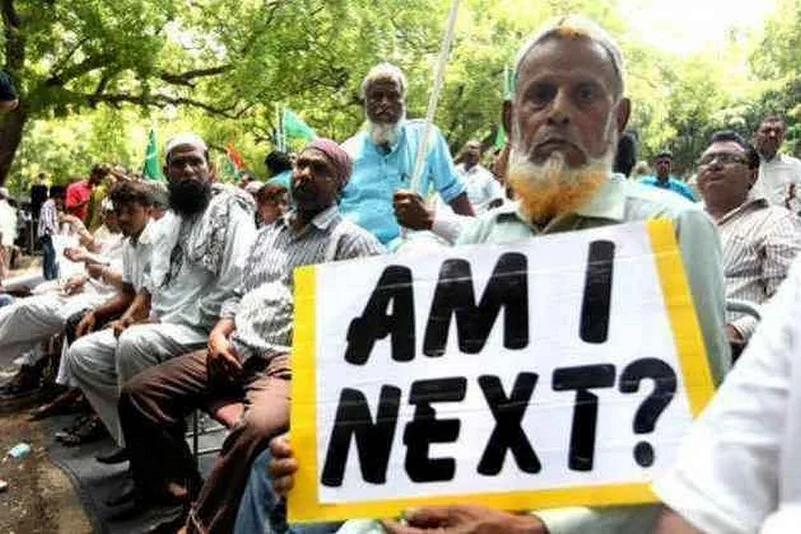E. Tendayi Achiume, the Special Rapporteur appointed by the United Nations Human Rights Council, in her report on 'Contemporary forms of racism, racial discrimination, xenophobia', has said that the Bharatiya Janata Party (BJP) in India has been linked to incidents of violence against members of the Scheduled Castes (SC), Muslim, tribals and Christian communities. She has mentioned that reports have documented the use of inflammatory remarks by BJP leaders against minority groups, and the rise of vigilantism targeting Muslims and SCs.
Her report also mentioned a letter sent in May 2018 by the Special Rapporteur to the Government of India concerning the updating of the National Register of Citizens (NRC) in which attention was drawn towards heightened concerns of the Bengali Muslim minority.
The Special Rapporteur mentioned several examples in her report that were drawn from different sources, including submissions received by her in response to the call for input for the present report. Referring to racist, xenophobic violence, hate crimes and hate speech, the report pointed out instances of several countries where politicians in the government have made racist and xenophobic statements.
About India, the report said: "In India, the election of the Hindu nationalist Bharatiya Janata Party (BJP) has been linked to incidents of violence against members of Dalit, Muslim, tribal and Christian communities. Reports document the use of inflammatory remarks by BJP leaders against minority groups, and the rise of vigilantism targeting Muslims and Dalits" while quoting Human Rights Watch submission to the Human Rights Council universal periodic review of India.
While talking about institutionalisation of structural and other forms of exclusion, the report mentioned that 'nationalist populist parties' in some places have implemented administrative and other rules leading to the exclusion of minority groups from official citizen registries on the basis of claims that they are irregular migrants, notwithstanding evidence showing that they are entitled to citizenship.
In this context, the report said: "In May 2018, the Special Rapporteur addressed a letter to the Government of India concerning the updating of the National Register of Citizens, a process governed by local authorities in the state of Assam. The letter drew attention to the heightened concerns of the Bengali Muslim minority, who have historically been portrayed as foreigners despite having lived in India for generations, even preceding the colonial era. Since 1997, the Election Commission of India has arbitrarily identified a large number of Bengali people as so-called "doubtful or disputed voters", resulting in their further disenfranchisement and the loss of entitlements to social protection as Indian citizens. While many have affirmed that the updating process is generally committed to retaining Indian citizens on the National Register of Citizens, concerned parties fear that local authorities in Assam, who are deemed to be particularly hostile towards Muslims and people of Bengali descent, may manipulate the verification system in an attempt to exclude many genuine Indian citizens from the updated Register."
The Special Rapporteur on contemporary forms of racism, racial discrimination, xenophobia and related intolerance is an independent human rights expert appointed by the United Nations Human Rights Council (UNHRC). The United Nations Secretary General's Secretariat has sent this report to the UN General Assembly for discussion.
The report also mentioned several other countries like Australia, the United States and Europe where politicians in government have used print and social media to make racist and xenophobic statements that have included promises to adopt policies targeting specific racial, ethnic and religious groups, even when such policies would violate existing laws.
ANI
















